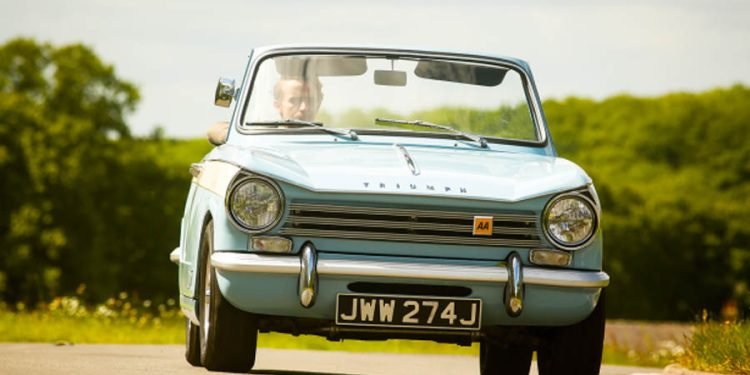Have you ever dreamed of owning a classic car? For many people, buying their first classic car can be an exciting venture. But it can also be intimidating and overwhelming if you don’t know what to look for or how to go about the purchase process. With a little bit of preparation and research, however, anyone can successfully navigate the path toward owning their dream car.
Here, we’ll take a comprehensive look at what goes into purchasing your first classic car, from researching options that fit within your budget to understanding common pitfalls and tips on negotiating the best deal.
Whether you’re an avid gearhead or new to the world of vintage cars, read on for all the advice and information you need!
Research and Preparation
Before you purchase any classic car, it’s important to do your research. Take time to learn about the different kinds of classic cars that are available, as well as the various costs associated with owning one such as maintenance and storage costs, insurance and registration fees, etc.
You should also familiarize yourself with what makes a good classic car investment. To get started on your research, take advantage of online resources such as blogs and forums dedicated to collecting classic cars.
Additionally, attend shows or auctions where you can view potential purchases in person and meet owners who may have vehicles available for sale.
Set Your Budget
Once you have done your research and gained an understanding of the different types of classic cars available and the associated costs that come with ownership, it’s time to set a realistic budget for your purchase. How much do you want to spend upfront?
Also consider ongoing expenses like maintenance and storage costs, insurance premiums, registration fees, etc., which will all add up over time. Make sure that your budget allows for these additional expenses—it’s important to keep them in mind when making your decision!
Know Where to Look for Classic Cars
Once you have established your budget, it’s time to figure out where you can find classic cars for sale. You can start by searching online resources like classified ads or auction sites, as well as checking in with local dealerships or automotive clubs that specialize in classic cars.
If you’re a big fan of vintage cars, there are companies out there that specialize in building custom versions of iconic models like the 1967 Shelby Mustang, giving you a chance to own a classic with a personalized touch.
You may also be able to find owners who are looking to sell their cars through word of mouth. Ask around to see if anyone knows of a classic car collector who is looking to get rid of some of their vehicles.
Inspect Your Prospective Purchase Thoroughly
When you find a classic car that you’re interested in, it’s essential to inspect it thoroughly before making any decisions. This includes both an exterior and interior inspection as well as a thorough look under the hood.
When inspecting any prospective purchase you must ask questions about the vehicle’s age (remembering that older doesn’t necessarily mean better), history (what repairs or modifications were made?), ownership records (how many previous owners? How often was it serviced?), condition (look at paint quality & rust), etc. so that there are no surprises when it comes time for delivery!
You should also consider having a professional mechanic inspect the vehicle before purchasing if possible as this could help identify any potential issues beforehand and help avoid future problems down the line.
Make sure to take a test drive too, this is a great way to get an idea of how the car handles and how it feels overall.
Negotiate a Reasonable Price
Once you’ve identified the perfect car for yourself and finalized all necessary inspections, negotiating a reasonable price is the key to successfully buying that classic car of your dreams.
To make sure you get the best deal possible, it is important to not settle for an asking price unless you know that it’s fair market value. An adept negotiator can factor in conditions such as repairs required, depreciation costs, and other add-on features of the car to reach a timely agreement with the seller.
Researching recent sold prices of similar vehicles while also understanding your financial limitations are helpful tips to keep in mind when engaging in negotiations and will ensure that you leave with satisfaction knowing that you have gotten a great deal on your new vehicle.
Finalize Your Purchase
After all of the research and negotiations, it’s finally time to finalize your purchase and make your dream car a reality. You should get all documentation and paperwork in order before taking possession of the car, such as title transfer forms, registration documents, insurance policies, etc.
You may also want to consider getting a vehicle history report to ensure that the car hasn’t been in any major accidents or had any serious mechanical issues.
Finally, make sure that the car is correctly licensed and registered in your state before driving off. This will save you from future headaches when it comes to renewing your registration or insurance.
Conclusion
So, there you have it, everything you need to know about how to successfully buy your first classic car. Armed with this information, you’re now ready to go out and start the process of purchasing your very own vintage ride.
Remember that proper research and preparation are key, so take the time to understand what type of car is right for you and your budget before diving in. Happy car shopping!












